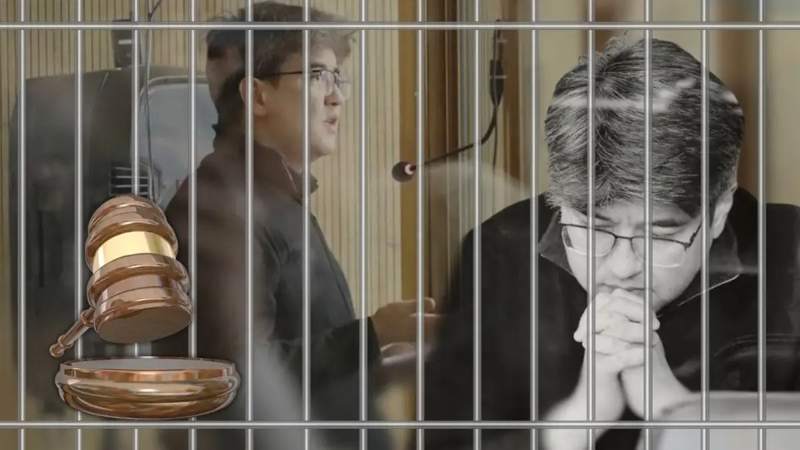Rising engagement and expanding jurisdictions: The development of jury trials in Kazakhstan

After the live broadcast of the high-profile Bishimbayev case featuring a jury, Kazakh society displayed increased interest in both the functioning of this institution and the broader judicial sector. In this article, Nazgul Rakhmetullina, Chairman of the Judicial Collegium for Criminal Cases of the Supreme Court of the Republic of Kazakhstan, expressed her opinions on high-profile cases previously tried in this manner and emphasized the need to prepare the citizens of our country for jury duty, Kazinform News Agency correspondent reports.
According to Rakhmetullina, before the famous criminal case against Kuandyk Bishimbayev, few people knew about jury trials in Kazakhstan. However, jury trials are a common practice globally. In many countries, this institution has been established for centuries, whereas ours is relatively new.
“Discussing the essential nature of this legal institution, it's clear that the presence of a jury signifies a democratic state. This is because the laws of the state grant citizens the right to actively participate in the judicial branch of government, and not just be present or witness the work, but to make decisions.”
Jury trials were established in Kazakhstan in 2007 and have been in practice for 15 years. The inception of jury trials here followed a mixed “continental” model, involving one judge and ten jurors. During the trial, the jury is present and can pose questions to the questioned persons, victims, witnesses, and experts via the presiding judge.
After the trial, the judge and ten jurors withdraw to the deliberation room to determine whether the act occurred, if the defendant committed it, and whether they are guilty. “Sentencing is jointly decided by the judge and the jury, with decisions reached by majority vote. Each member, including the judge, has one vote, and the judge's vote carries no extra weight”, explains Nazgul Rakhmetullina.
Regarding the numbers, from 2007 to 2023, juries have adjudicated 1,856 cases. This significant figure demonstrates the measurable outcomes of the jury system over the years.
Starting January 2023, all cases concerning particularly serious crimes, punishable by more than 12 years in prison - whether or not life imprisonment is a possible sentence - are tried by a jury. From 2024, the jurisdiction has expanded further to include types of serious and even moderately serious crimes.
“According to our forecasts, this expansion of jurisdiction will increase the number of such cases. These cases are considered by Specialized Interdistrict Criminal Courts. The proportion of cases involving juries in these courts will be about 69%. For comparison, before all these changes, it was just over 3%. There will be a significant increase in such cases,” adds Rakhmetullina.
Many ask whether there will be an increase in requests for cases to be heard in the format of the Bishimbayev case, with a jury involved. However, Nazgul Rakhmetullina explains that under the law, cases involving a jury are conducted only upon the request of the defendant themselves.

“That is, only the defendant can decide who to entrust their fate to - a professional judge or a jury. Consequently, the wider the jurisdictions of the jury, the more cases are heard in this manner. A stable portion of defendants consistently chooses this procedure.”
Further on, the Chairman of the Judicial Collegium for Criminal Cases of the Supreme Court identifies who can become a juror in Kazakhstan today and how are candidates selected.
“Currently, the law specifies that juror candidates must be at least 25 years old. This age requirement is sensible because it guarantees that jurors are individuals who have achieved a certain educational level, gained life experience, and are capable of making independent decisions. Additionally, there is a detailed set of criteria in place to ensure jurors are selected objectively,” says Nazgul Rakhmetullina.
For instance, individuals with unresolved criminal records or those listed for mental and behavioral disorders are ineligible to be jurors. Similarly, judges, prosecutors, and law enforcement officers cannot serve as jurors. Additionally, relatives of any parties involved in a case, individuals over 65 who might struggle with the demands of jury service, and those who do not speak the court’s language are also excluded. This comprehensive and logically structured list ensures the selection process is both accurate and impartial, concludes Rakhmetullina.

